Their poverty secured their freedom, since our desires and our possessions are the strongest fetters of despotism
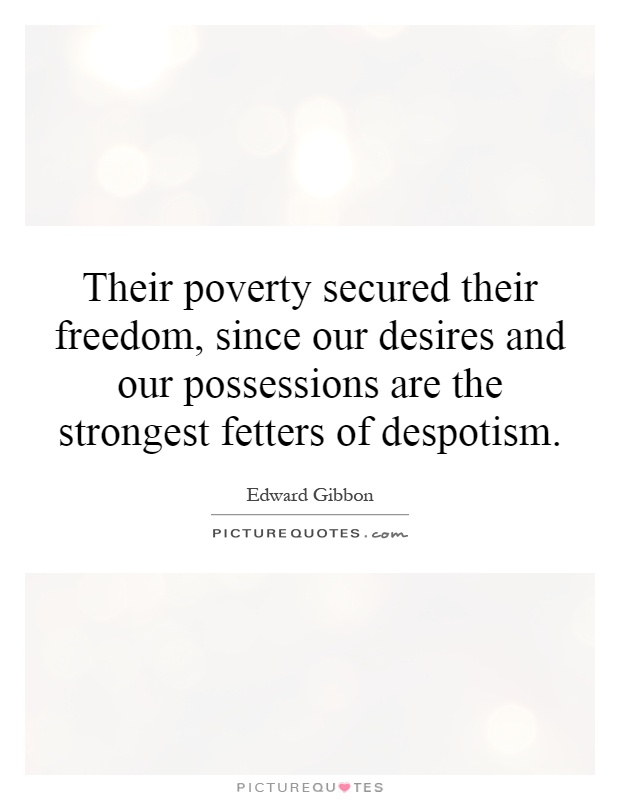
Their poverty secured their freedom, since our desires and our possessions are the strongest fetters of despotism
Edward Gibbon, the renowned historian and author of "The History of the Decline and Fall of the Roman Empire," was a keen observer of human nature and the dynamics of power. In his writings, Gibbon often explored the relationship between poverty, freedom, and despotism. One of his most famous quotes on this subject is: "Their poverty secured their freedom, since our desires and our possessions are the strongest fetters of despotism."Gibbon believed that poverty could actually be a source of freedom, as it freed individuals from the burdens and constraints of material possessions. In a society where wealth and possessions were seen as the ultimate markers of success and status, those who had little to lose were often the most liberated. This idea was particularly relevant in Gibbon's analysis of the decline of the Roman Empire, where he argued that the excessive wealth and luxury of the ruling class had led to moral decay and ultimately the downfall of the empire.
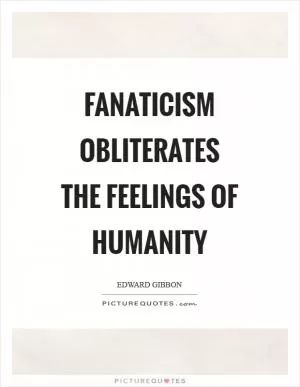

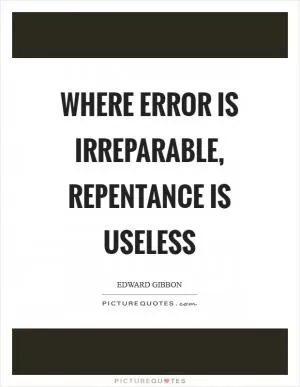

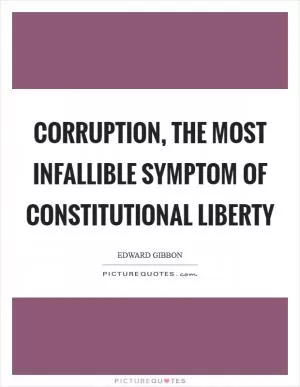

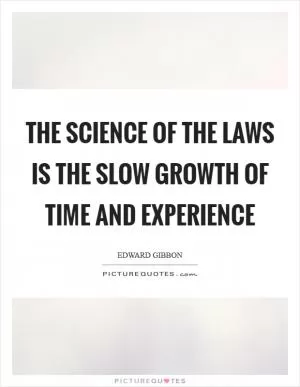



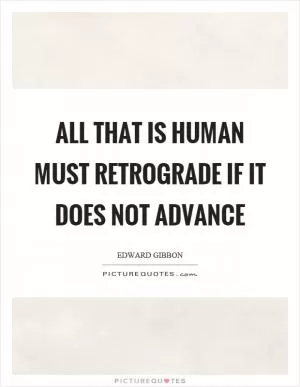

 Friendship Quotes
Friendship Quotes Love Quotes
Love Quotes Life Quotes
Life Quotes Funny Quotes
Funny Quotes Motivational Quotes
Motivational Quotes Inspirational Quotes
Inspirational Quotes